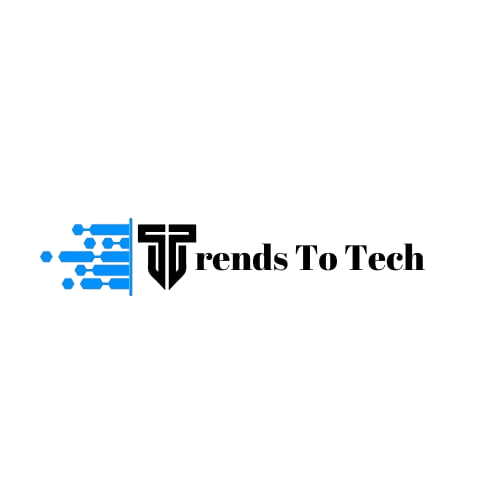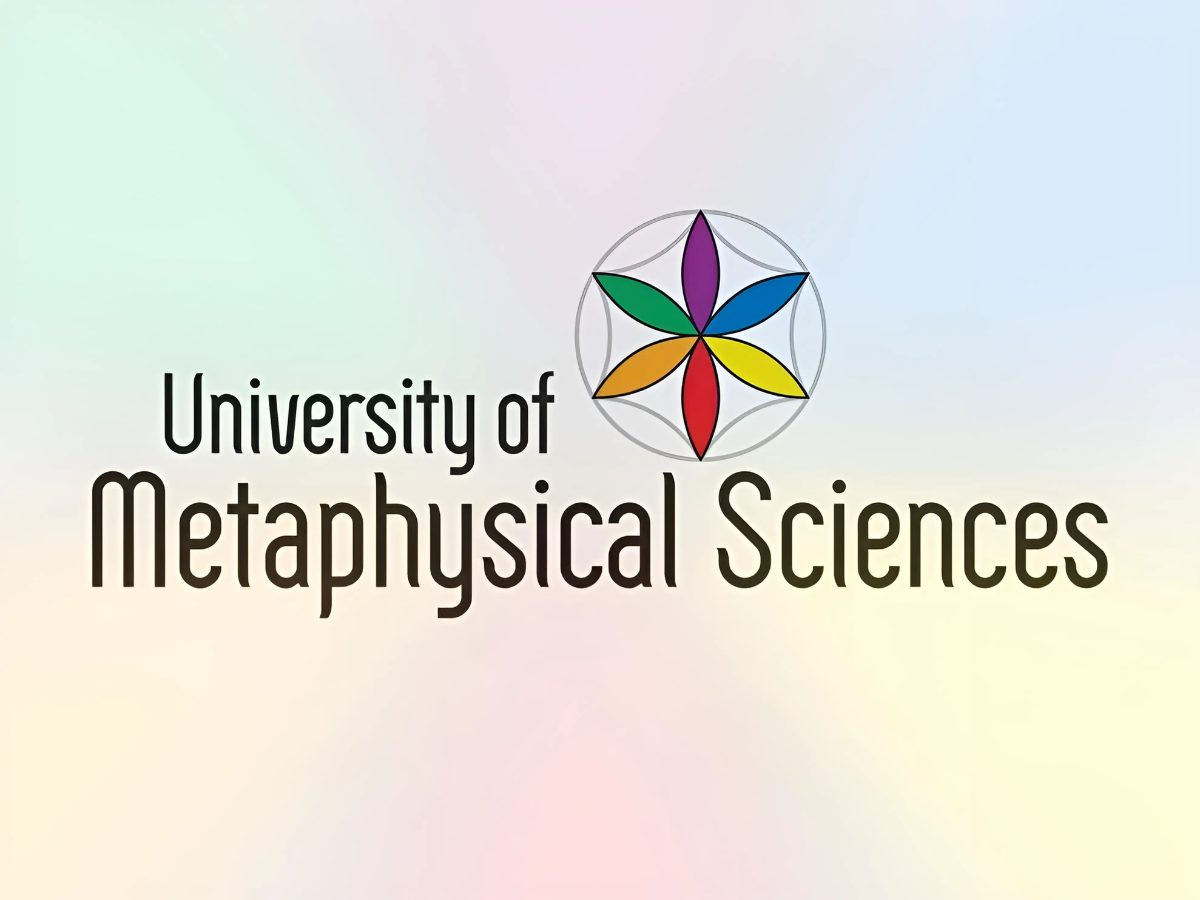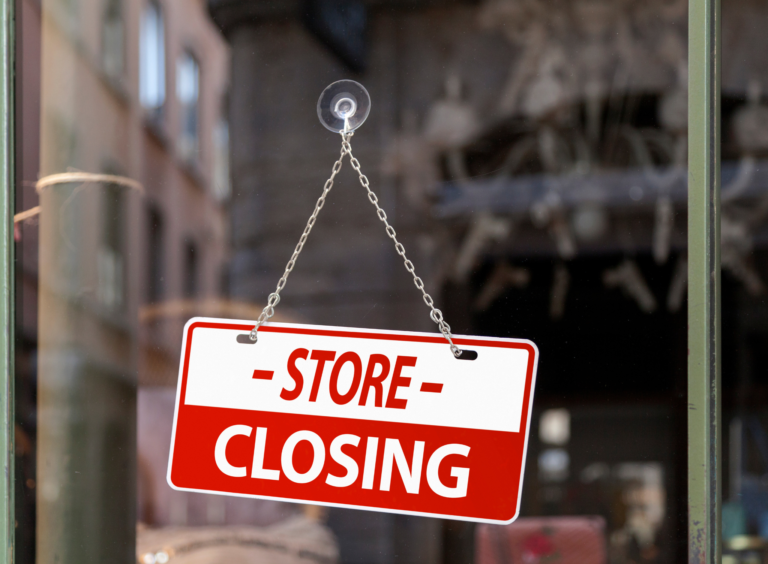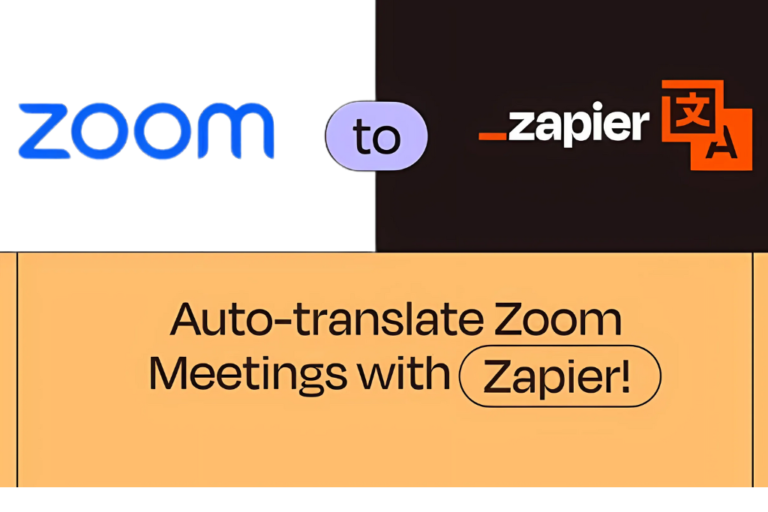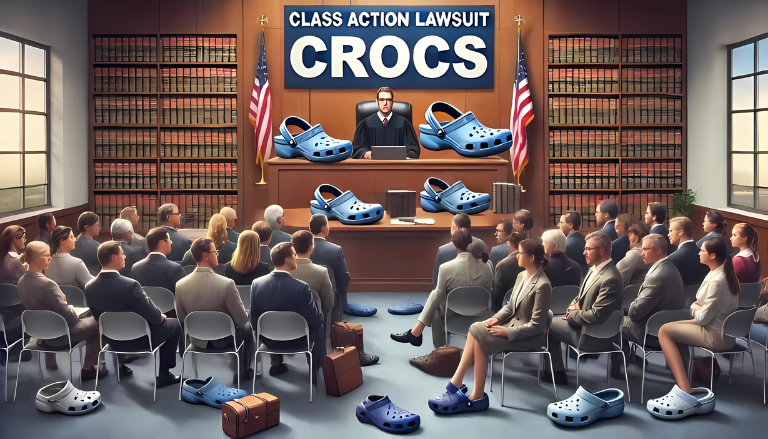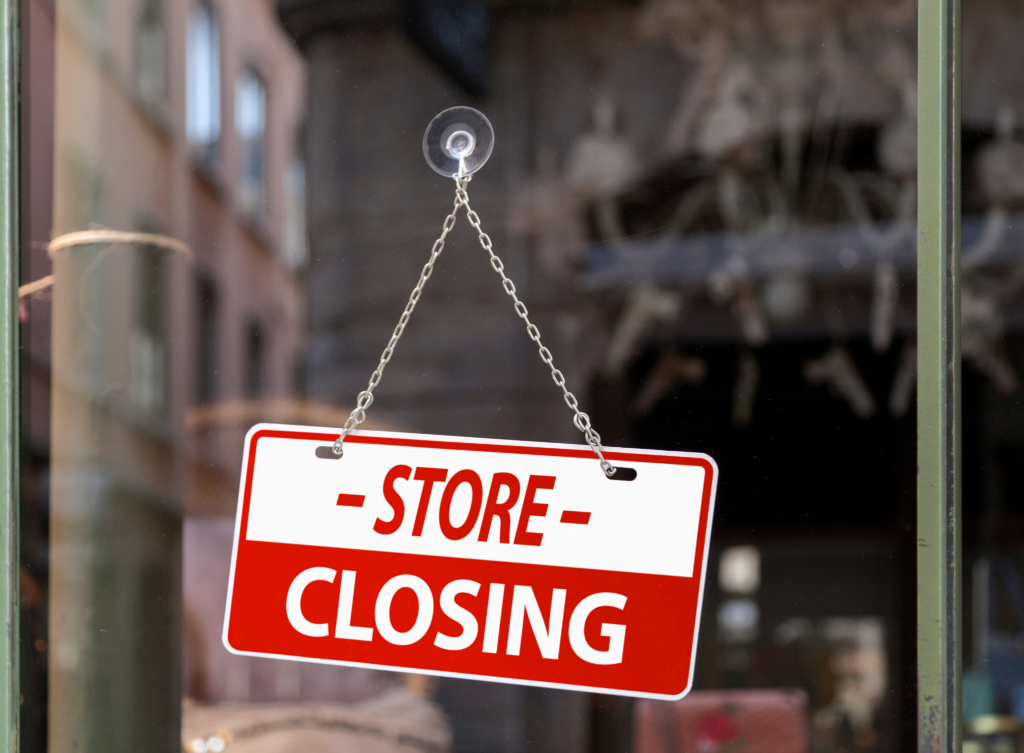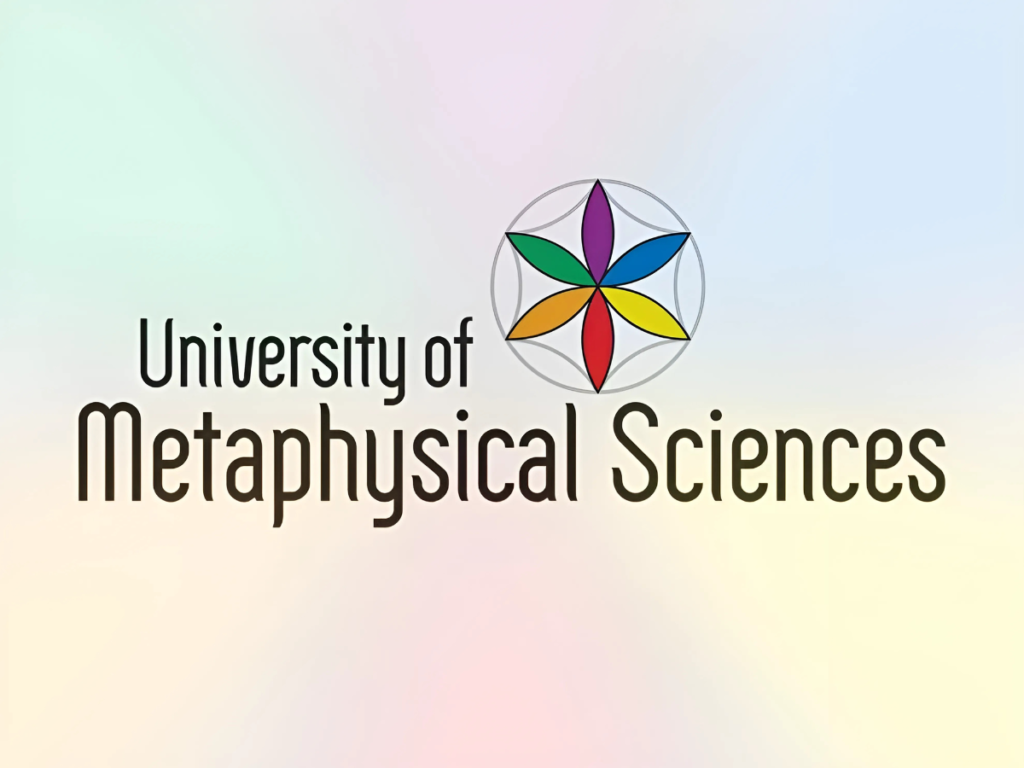Because University of Metaphysical Sciences offers alternative registration instead of traditional accreditation, its diplomas have sparked controversies over legitimacy and value. The lawsuits highlight the complex intersection between alternative education, accreditation and consumer rights. Now, we look at the highlights of the legal fights surrounding UMS to better understand what it means on a greater scale for other institutions in similar spaces.
University of Metaphysical Sciences Background
High-quality fields of study in spirituality, metaphysical studies and holistic healing on the internet as distance education that originated as the University of Metaphysical Sciences.
Curriculum The course encompasses, among other things, mediation, energy healing and even metaphysical theology.
They claim that this prepares their graduates with the relevant skill for driving their metaphysics way of life and business career.
UMS provides certificate, bachelor, master and doctorate programs. Alternatively, UMS is a popular online resource for metaphysical and spiritual knowledge and education. The questions have been the foundation of legal challenges to UMS.
The Nature of the Lawsuit(s)
Breach of false advertising; accreditation disputes; consumer protection violations are some of the areas of litigation covered by lawsuits against UMS. Here’s a look at the main allegations and legal battles leveled against the institution:
Accreditation Claims That Are Misleading
UMS must declare that it adheres to the Bureau’s requirements as a religious and spiritual education institution, exempt from governmental accreditation.
But yet other arguments which have been made are that the school misbrands the usefulness of its degrees particularly when the degree is professional or an academic designation.
Alternative accreditation, although legitimate for spiritual or religious purposes, lacks the stature of recognized organizations in the U.S. Department of Education‘s books.
Consumer Complaints
Several lawsuits have accused UMS of failing to adequately inform students about the limitations of its degrees. Some students allege they enrolled, believing their degrees would gain broader recognition or qualify them for professional licensure. Because when this was not the case, they got frustrated and took it to law.
Tuition and Refund Policies
UMS, like many online educational providers, has been accused of its tuition structure and refund practices. Plaintiffs in the various lawsuits argue that the vagueness or lack of refund policy is egregious if the student withdraws early from the program.
UMS’s Defense and Position
UMS continues to insist that it operates transparently in the context of metaphysical and spiritual education. The institution claims to value spiritual growth and personal transformation above conventional academic or career progress. [5] The University of Metaphysical Sciences has stated that it makes it clear to potential students that it does not have traditional accreditation.
UMS — to defend against claims of consumer deception — has pointed to its enrollment agreements, which describe the nature of its degrees and the limits of their recognition by employers or academic institutions.
Past students share testimonials about successfully using their education to build careers in spiritual practice, counseling, or writing.
Implications for Law and Education
The suits against UMS are not merely the business of one institution — they speak to larger issues within the realm of alternative education:
The Difficulty of Accreditation
Accreditation guarantees that educational standards are met and safeguards students from unqualified institutions. Alternative schools often focus on spiritual or niche teachings that don’t align well with the constraints of traditional academia. That leaves a gray area in which UMS and similar schools operate, leaving it up to students to decipher the fine print of accreditation policies.
Consumer Protection in Online Education
However, with the rise of online education, new consumer protection challenges have emerged. Institutions that offer non-traditional programs need to ensure that their marketing is not misleading, transparent and effective. Concurrently the principle of buyer beware applies, that students must thoroughly research prior to committing to any educational program.
Striking a Balance Between Innovation and Regulation
Such lawsuits against alternative institutions often results in calls for stricter regulations. In conclusion, strict regulations provide consumer protection but can crush innovation in specialized education areas. Finding the right amount is how to create consumer trust and educational freedom.
Outcomes of Legal Disputes
Settlements and policy changes have ensued from UMS lawsuits. As an example, advertising language and enrollment agreements have been revised to be more explicit.Such clarifications will avoid further lawsuits, while improving the clarity for potential students.
This article explores lessons from higher education policy experiments as students and institutions adapt post-COVID-19 pandemic challenges.
For Students:
Ensure your due diligence on accreditation and degree recognition before enrolling.
Just identify the difference between alternative and traditional education systems
Check enrollment agreements carefully so that expectations align with what the institution actually offers.
For Institutions:
Be clear about what degrees represent and their limits.
Be as clear and responsive as possible to consumer complaints.
Adapt policies regularly as legal standards are dynamic.
Conclusion
UMS lawsuits highlight the importance of clarity, transparency, and consumer awareness in the field of alternative education. Navigating this balance is crucial as specialized education grows, with UMS being one example filling gaps left by traditional institutions. This can help metaphysical education prosper for the long term, reducing a need for legal mediation between educators and students.
